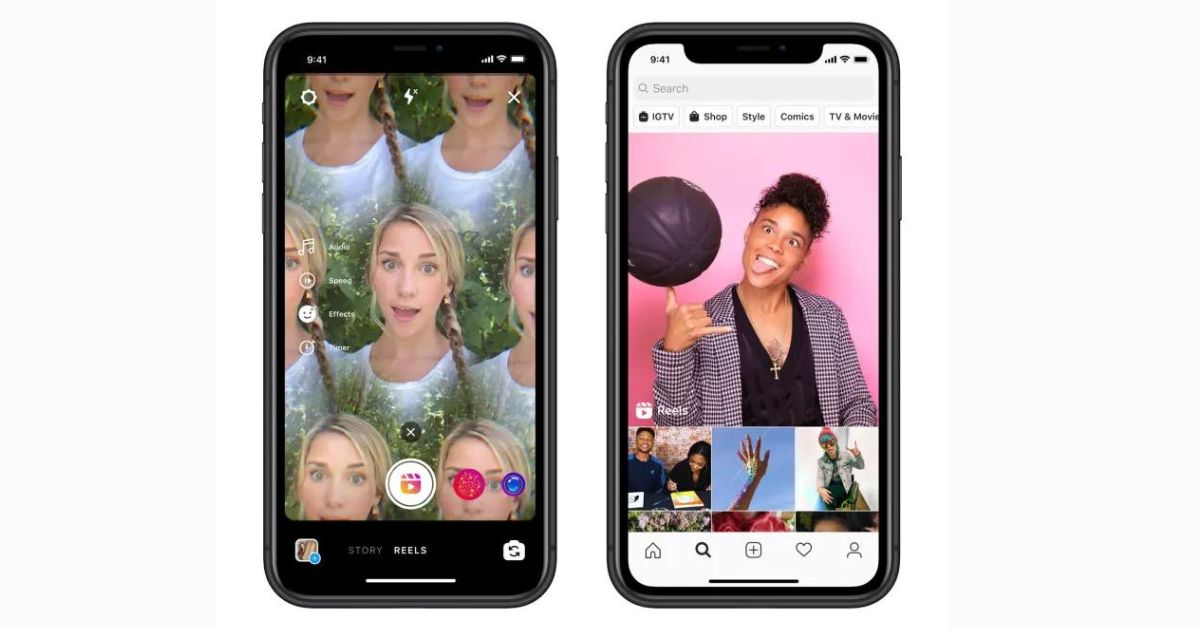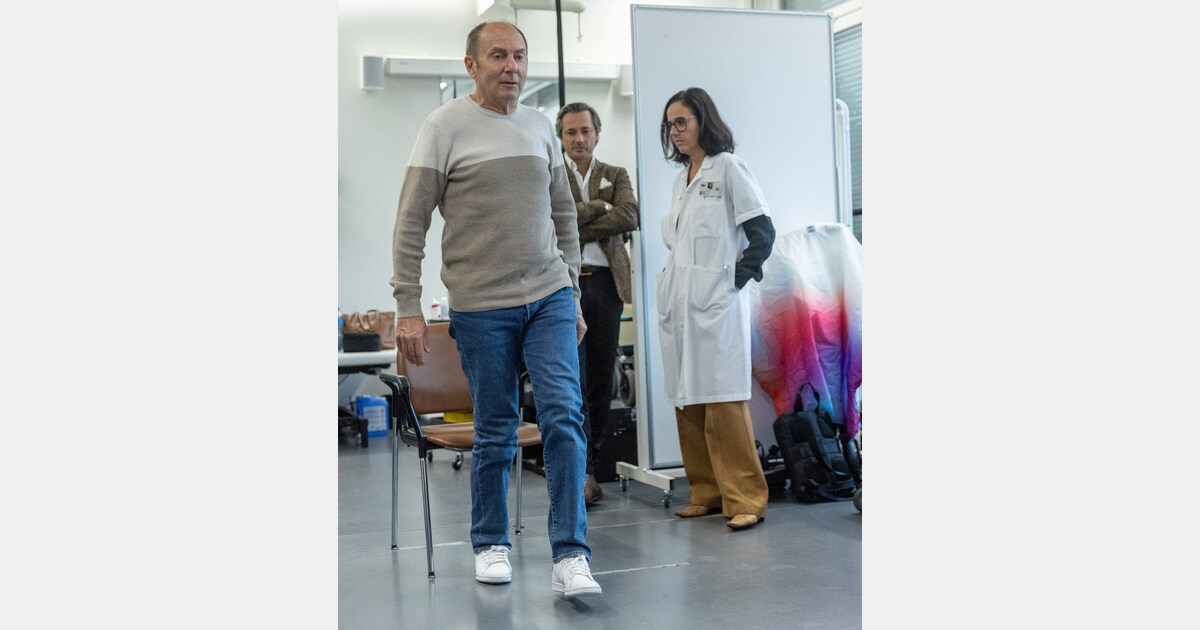As the fate of TikTok hangs in the balance due to impending legislation, Gen Z users are expressing reluctance to migrate to Instagram Reels, should the popular video platform be banned in the United States. The uncertainty surrounding TikTok’s future has left its 1 billion active users and top influencers in limbo, with many refusing to transition to alternative platforms.
A bill mandating the sale or ban of TikTok recently passed in the House of Representatives and was signed by President Joe Biden, sparking concerns about the app’s continued operation. Despite this, creators are hesitant to embrace Instagram Reels, citing a preference for TikTok’s unfiltered and spontaneous content.
Gen Z content creator Josie voiced her apprehension about transitioning to Instagram, describing it as a “humiliation ritual” compared to TikTok. Her sentiment reflects a broader cultural shift away from Meta-owned platforms, such as Instagram, which are perceived as overly curated and polished.
Why Gen Z Is Snubbing Instagram Reels
The reluctance to adopt Instagram Reels marks a departure from previous trends, where creators pledged to migrate to the platform in the event of a TikTok ban. However, the allure of Instagram has waned in recent years, with Gen Zers expressing dissatisfaction with its algorithm and user experience.
Instead of Instagram, some creators are considering alternatives such as YouTube Shorts or Clapper, a video-based app positioned as an adult version of TikTok. These platforms offer unique features and algorithms that appeal to Gen Z users seeking a new digital home.
Despite the uncertainty surrounding TikTok’s future, Gen Z remains optimistic about finding a suitable platform to cultivate online communities and share content. However, the prospect of being scattered across multiple apps like “digital refugees” looms large, reflecting the generation’s adaptability and resilience in the face of technological upheaval.
While some users view a potential TikTok ban as an opportunity to disengage from social media altogether, others are more inclined to explore alternative platforms like Instagram Reels. The divergent responses underscore the complexity of Gen Z’s relationship with digital platforms and their evolving preferences in an ever-changing online landscape.
As discussions about TikTok’s fate continue, Gen Z’s reluctance to embrace Instagram Reels highlights the challenges faced by social media companies in retaining and engaging younger demographics. The outcome of this debate will shape the future of social media and influence how Gen Z interacts and communicates online in the years to come.








Leave a Reply
You must be logged in to post a comment.